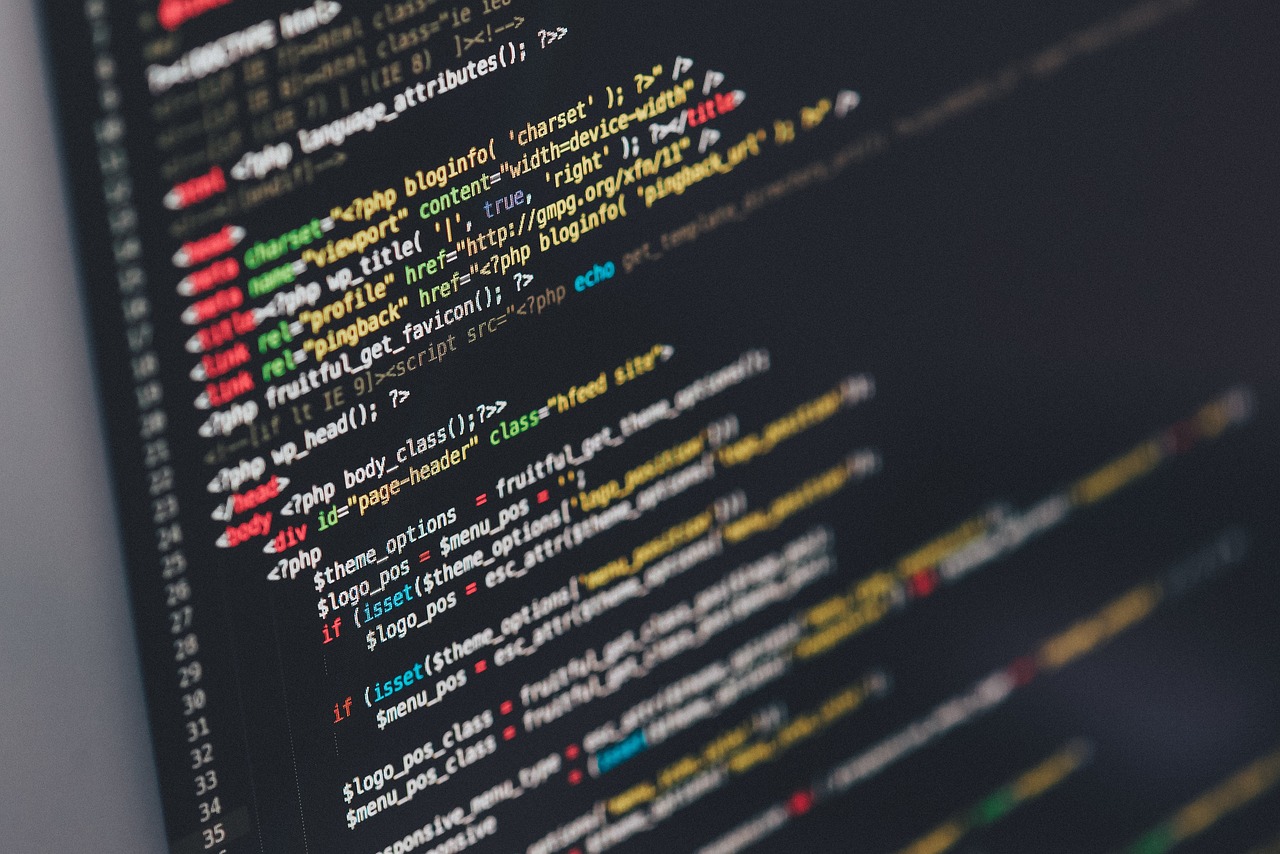
Learn Coding for Free
In today's technology-focused world, programming has turned into an vital skill for many fields. Whether you’re aiming to improve your professional life, build a new one, or just want to cultivate a side project, learning how to code is an valuable step. However, many people think is that learning to code demands paid courses or degrees. The truth is, many free resources are available to learn coding. Below is how to get started.1. Pick a Programming Language
Prior to starting, it’s essential to decide which programming language to begin with. Each language has its own purposes, and selecting the right one depends on your goals. Here are some popular choices:Python: Renowned for its clear syntax, Python is a fantastic pick for beginners. It’s widely used in web development, data analysis, artificial intelligence, and automation.
JavaScript: If you're keen on developing websites, JavaScript is a key language. It's applied to create interactive features on websites and is often used with HTML and CSS.
HTML/CSS: These aren’t coding languages, but if you’re aiming to build websites, HTML and CSS are the backbone for structuring and styling web pages.
Java: A versatile language implemented for developing Android applications, backend systems, and large business applications.
C++/C#: These are more challenging languages, often utilized for game development and system software.
Start by picking a programming language, then look for free resources specific to it.
2. Find Free Online Coding Resources
Because of the free-sharing culture of the programming world, you can find a treasure trove of free resources online to start learning. Here are some top platforms include:Codecademy: Offers interactive coding lessons in various languages like Python, JavaScript, and Ruby. The introductory courses are free, enabling you to practice coding immediately.
FreeCodeCamp: A comprehensive platform that teaches web development, data visualization, and more. You can even achieve qualifications and join in real-world projects.
Coursera and edX: These platforms give no-cost access to coding courses from universities like Stanford and MIT. You can audit the courses without having to pay for a certificate.
Khan Academy: Delivers instruction in computer science and programming with a focus on JavaScript and web development.
YouTube: Many coding experts provide free guides on YouTube. Channels like Traversy Media, The Net Ninja, and CS50 give hours of content covering different aspects.
3. Keep Practicing
Learning to code is like acquiring a second language—it demands practice. Theoretical knowledge is key, but hands-on practice is where real learning happens. Some platforms offer chances to practice coding within your browser:HackerRank: A widely used site that provides coding challenges and competitions. It’s a great way to practice problem-solving skills.
LeetCode: Used by developers focusing on technical job interviews, LeetCode offers a wide range of coding problems in various languages.
Codewars: Offers coding exercises called "katas" to help you progressively get better.
4. Join Online Communities
Learning to code can feel overwhelming at times, but you're not alone. Connecting with an online community of fellow learners and coders can give assistance, advice, and inspiration. Websites like Reddit (r/learnprogramming) and Stack Overflow allow you to ask questions and engage with other coders. GitHub, another key resource, lets you collaborate on coding projects, participate to open-source software, and learn from other developers’ code.5. Create Projects
As you feel ready, start building your own projects. Whether it's a personal website, a simple app, or a small game, starting from zero will solidify your knowledge and demonstrate your skills. You can also leverage your projects as part of a portfolio for potential employers. Additionally, your projects can serve as part of a portfolio for prospective employers or businesses. This will not only demonstrate your abilities, but also reveal your passion to learning and growing as a coder.Conclusion
Acquiring programming skills doesn't require a financial investment. With cost-free online platforms, you can master coding from scratch. Start small, practice consistently, and connect with the coding community. In time, you’ll create projects and open new opportunities for yourself.Find out more on - Do While Loop in C Example Program